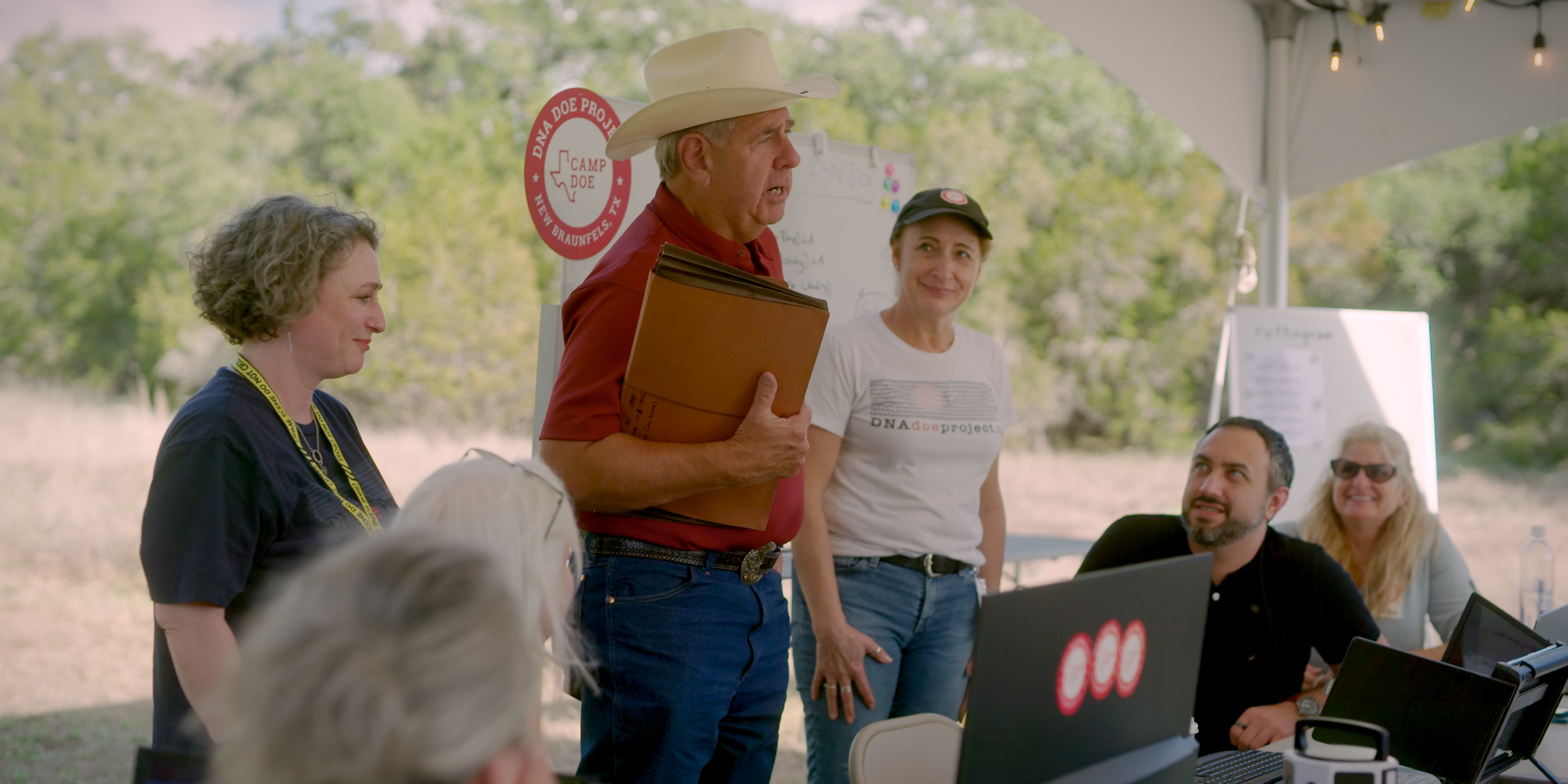May is National Mental Health Awareness Month: It’s OK to not be OK
Published 12:47 pm Sunday, May 18, 2025

- May is Mental Health Awareness Month, a time for promoting mental wellness, offering resources and advocating for improved mental health care. (Metro Creative Services)
Imagine the feeling of releasing a heavy burden — the lightness, the freedom. That is the vision behind Mental Health Awareness Month, a time for promoting mental wellness, offering resources and advocating for improved mental health care.
Mental health “influences the way that we think, the way that we feel and the way we act, which in turn influences how we handle stress, how we connect and relate to others and how we make choices,” said Michaelynn Parks, a licensed clinical social worker and vice president of Family & Youth. “When we get sick we go to the doctor, but a lot of times we forget about the mental health side of things.”
She said mental health is just as important as physical health because the two are intertwined. Individuals with poor mental health are more likely to develop chronic physical conditions such as diabetes, heart disease and insomnia.
Trending
Parks said the key to maintaining mental health is a combination of self-care and self-awareness. For this, she uses the HALT tool with her clients:
H — Am I hungry?
A — Am I angry?
L — Am I lonely or feeling disconnected?
T — Am I tired?
People are susceptible to self-destructive behaviors when these basic needs are unmet. Fortunately, hunger, anger, loneliness and tiredness can be addressed and serve as a warning system before things reach a breaking point.
Trending
“It’s really a good check-in for yourself,” Parks said. “If I’m hungry, I need to make sure that I’m feeding my body because I’m needing that energy. Anger is a secondary emotion. It’s the first one we see but there’s always going to be emotion that’s underneath that.”
She said connection is important when it comes to mental health so if one is feeling lonely it’s important to seek connection through friendships, support groups, significant others or anyone considered a support system.
Tiredness takes a toll on the body, mind and spirit, and running on low energy compromises one’s ability to think and the capacity to cope.
Parks said adults need 7-9 hours of sleep each night.
Logan Tijerina, a licensed professional counselor and director of the Shannon Cox Counseling Center, said the phrase “put the mask on yourself first” — often used in the context of an oxygen mask on airplanes — highlights the importance of taking care of one’s own needs and well-being to be able to effectively assist others.
“You have to make sure that you’re full before you can fill someone else,” Tijerina said. “I need to make sure that I am the best version of me for whoever is in front of me — whether it be my child, my spouse, a client. Make sure self-care is a priority because you as a person, you are a human being, too, and you have to make sure that you’re OK before you make sure other people are OK.”
Parks said often people associate self-care with things like bubble baths or getting a sweet treat from a favorite store.
“Self-care is so much bigger than just that,” she said. “It’s your basic needs. It’s setting boundaries with other people.”
Parks said understanding mental health care also means understanding what one’s limits are.
“Sometimes it can be really intimidating and scary to communicate that with other people, but that’s really an important part of self-care, knowing what your limits are and being able to communicate that with other people in a respectful way is important,” she said.
Mental health for children
Talking to children about self-care involves normalizing the topic, emphasizing the importance of taking care of their minds and bodies, and encouraging open communication about emotions.
Parks said it’s important parents practice self-care as an example for their children.
“A good way to talk to your kids about taking care of themselves is to ask questions like, ‘I see you are throwing a tantrum on the floor.’ Is it because they haven’t eaten today? Or maybe it’s time for a nap? Or if it’s a big feeling they’re having about something, once they calm down helping them understand what they were feeling. Kids typically learn through actions.”
As the child ages, the teenage years become a crucial period for mental health development. It’s also a time when many individuals face challenges like anxiety and depression. Early detection and intervention are crucial for addressing these challenges and promoting positive mental health outcomes.
Parks said it’s important to give teenagers the space to meet their own needs.
“Teenagers typically need a little bit more space and independence, so being able to support that with boundaries and also being able to point out, ‘Hey, it seems something’s off,’ or ‘This isn’t your usual typical behavior. Let’s have a conversation,’ ” Parks said.
In addition to more overt symptoms like mood swings, irritability, anger and tearfulness, a parent might see notable changes in sleep, weight and eating habits; loss of interest in the activities they usually love; withdrawing more than usual from friends, family and community; and canceling plans with their closest friends with little or no explanation.
Tijerina said giving your teenager the power of choice can be powerful.
“If there is a lot of arguing and back and forth, it’s because there is a power struggle,” she said. “As human beings, we all just want to be heard. We all just want to be understood. The thing about offering choices is that it, one, builds their autonomy; two, it builds their voice and their sense of self; and three, they know that you are there for them to listen.”
If a teen wants to play video games, but haven’t eaten, bathed or cleaned their room offer the choice of playing video games for 30 minutes then bathing or have them bathe now and get even more screen time after.
“It’s giving a little when you can but knowing that both options are safe and you’re OK with whatever one they choose,” Tijerina said.
Social connections
Parks said it is important to have a support network to lean on when times get tough.
“That can be anyone that you feel connected to or feel like you can talk to,” she said. “When things begin to be too much, that’s when you need to reach out to a professional for additional support.”
At some point in life, everyone will face challenges — whether it’s navigating a difficult relationship, coping with the loss of a loved one, adjusting to the demands of parenting, or managing the emotional weight that can come after having a baby. The non-profit organization Family & Youth offers services that include individual, couple or family counseling, grief counseling, postpartum depression, anxiety and more.
Parks said the counseling center is designed to provide affordable mental health services to anyone in the community who might need it.
“It is our belief here at Family & Youth that every individual has the capacity to solve life’s challenge with the right support. We want to be able to be that support if they should need it,” she said.
Tijerina said Family & Youth is not meant to replace the support a person has in the community.
“If anything, we encourage it,” she said. “We ask in our very first sessions, ‘Who do you have that you can rely on whenever things start to go haywire? Who can you call? Who can you turn to?’ It takes a village.”
For those uncomfortable about the idea of reaching out for help, Parks said it’s important to remember “it’s OK to not be OK.”
“A lot of time there is some stigma around mental health, but I think if we shift the focus from mental health as this taboo topic and talk about it being part of our overall wellbeing as a whole individual I think that will be helpful,” she said. “Everyone is going to need support in some point in their life. It’s important to reach out and get that help.”
l
For more information, call the Shannon Cox Counseling Center at 337-436-9533.





